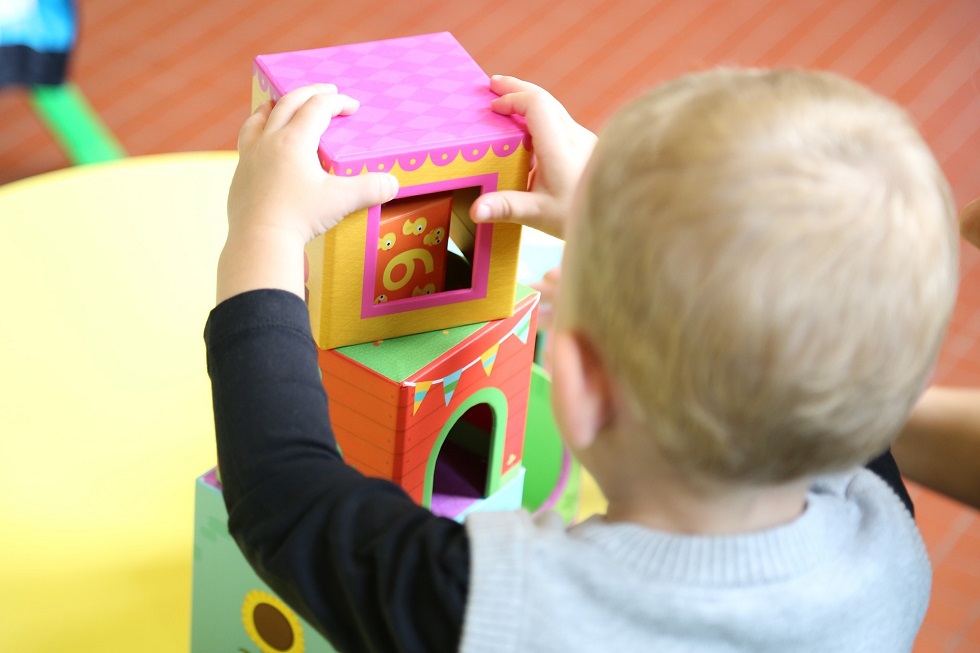If you are claiming child benefit, it is important to be aware of this threshold which hasn’t changed with inflation as more parents are likely to get caught out by it.
If you are a parent or carer and either you or your spouse or partner have ‘adjusted net income’ in excess of £50,000, then the one with the higher income will potentially incur a tax charge on some or all of the child benefit, and will need to request a self-assessment tax return to report the amount of child benefit received in the tax year and pay over any resulting tax charge.
The High Income Child Benefit Charge (HICBC) was introduced over ten years ago and imposes a 1% charge on the amount of child benefit received for every £100 that the taxpayer’s adjusted net income exceeds £50,000. So, if your salary is £55,000 a year you’ll pay back 50%. The ‘adjusted net income’ is an individual’s total taxable income before any allowances, but after deducting Gift Aid, pension contributions, and other allowable expenses such as payments for HMRC approved professional membership fees and trade union subscriptions.
Where the adjusted net income is £60,000 or more, then 100% of the child benefit is charged, effectively fully clawing back the child benefit. The £50,000 threshold has not been increased since it was introduced in 2012 which means that more and more parents are being caught by the HICBC each year. There has been an announcement that in future years the government plans to deduct HICBC directly from salaries via PAYE, which would avoid the need to submit a tax return for this reason alone, however, there is no timeline currently for when this will start.
You can opt out of receiving Child Benefit payments if your adjusted net income exceeds £60,000, which would mean the HICBC would not apply and the child benefit would not need to be reported on your tax return. That may mean that if you are a taxpayer who has their tax collected under PAYE you would not be required to submit a self-assessment tax return, providing you do not meet any other self-assessment criteria. For the purpose of receiving National Insurance credits for that year, which count towards your State Pension entitlement, it is important to still fill in the Child Benefit claim form but state on the form that you do not want to get payments. However, it is also important to note that the National Insurance credits for Child Benefit only apply while the child is under 12.
One of the problems with the HICBC is that if you are a taxpayer paying your tax under PAYE you are not normally required to file a self-assessment tax return. However, the HICBC results in the need to submit a return, which some taxpayers may not be aware of. HMRC have started assessing taxpayers to HICBC where they have not reported their child benefit in earlier years. However, several taxpayers have successfully challenged these assessments through the courts in a number of recent tax cases. Whether or not a successful appeal can be made will depend on the circumstances in each case.
If you have any questions for Rachel or the team, do get in touch on 01242 776000 or tax@randall-payne.co.uk.



